ScuzzBlog: Diaries September 2021
Entry 30th September 2021: Post 1: BBC computer - MOS, DFS and ADFS.
BBC computer - MOS, DFS and ADFS.
Today I feature the BBC computer and external drives as part of
my feature on disk operating systems for retro computers. The BBC
will always be a pretty unique computer insomuch that it the
result of a limited competition to provide a machine to feature
in one of their programmes. The computer went on, not only to be
sponsored by funds via the TV license, but additionally by schools
which by nature are government funded. The lack of commercial
pressure to fund these operations meant that Acorn were able to
produce a more business like, customised machine that was
unencumbered by normal market constraints. The computer is a
work of genius and should not be underestimated in terms of its
impact on the world of computers. The subsequent development of
the ARM technology is a direct consequence of the success of
Acorn.
Interestingly when Acorn did try to make a home computer that
was supposedly marketed for the more games orientated user, as
in the Electron, they failed hopelessly.
OK so what is so special about the DOS on the BBC. For a start,
in addition to MOS that controls the hardware, there are four
filing systems in play. CFS ( Cassette Filing System ), plus
RFS ( ROM Filing System ), then DFS ( Disc Filing System ) and
ADFS ( Advanced Disc Filing System ).
The Advanced Filing System became necessary to use the internal
Winchester drives and pretty much supplanted the DFS with more
advanced features.
The BBC is designed to be expanded. It is not closed off in any
way and encourages users to build on their base computer. As such
provision was made for both power and ribbon port to feed an
external drive by default. It followed that if you ever came
across a drive with the ribbon and power connector fitted it
would be wholly suitable on the BBC computer which was designed
to take the drive as part of its system. The one I feature today
is one such drive that was purposefully created for the BBC.
MOS or Machine Operating System is accessible by special key prefix
to a whole raft of commands designed to instruct hardware that
is connected to the computer. Whilst BASIC was the primary
language of the computer with BBC BASIC, the OS was just an '*'
away making management of the hardware just a keypress whilst
running programs.
MOS is active from the moment the machine is switched on either
via the program structure or from the command line.
For access to files and disk drives the system uses either DFS
or ADFS and again has suitable commands available by prefix as a
command statement whilst running BASIC programs.
All in all it is the most elegant system of all the machines of the
era, albeit for a computer that is uniquely designed with more
of a commercial feel that purposely has been created to permit
third party add-ons and embellishments. From the dawn of the ATOM
Acorn were very keen to promote user development as a key feature
of their product. It is therefore difficult to make comparisons
with the Acorn educational machines as no other system was ever
developed from this quite unique set of circumstances.
Had the government had such an open mind as the BBC with regard
to their teams working on the Colossus, after the war ended, they
could have maintained computer development funded from the purse
of the treasury and pretty much been 30 years ahead of the rest
of the world in computer technology. Instead they destroyed most
and gave one to the United States of America. Not clever.
The irony is that ARM now fuels most mobile phones and none of
this would have been possible without government backing through
a granting of a licence to the BBC to operate as a none profit
making organisation. So there really was no difference between
this and a state funded computer development facility utilising
the technology developed on the Colossus. Makes you wonder, well
makes me wonder.
Anyhoo... seriously if you want to read up on the BBC and the
DFS/ADFS DOS systems I suggest picking up one of the volumes of
their very thick books cus I'm not about to write oodles of pages
on the subject. Specially as I haven't got the first clue what I
am talking about.
The BBC was not a commercial success but in truth it was an very
very successful computer and Acorn deserve all the credit. They
gave the world more than you can ever imagine.
BBC computer - MOS, DFS and ADFS.
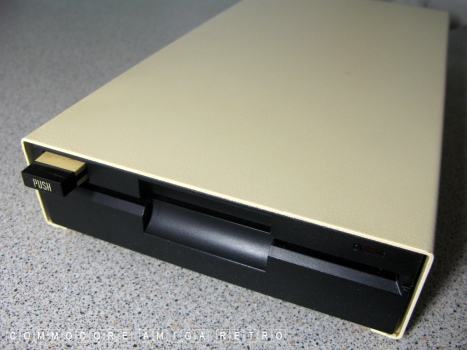
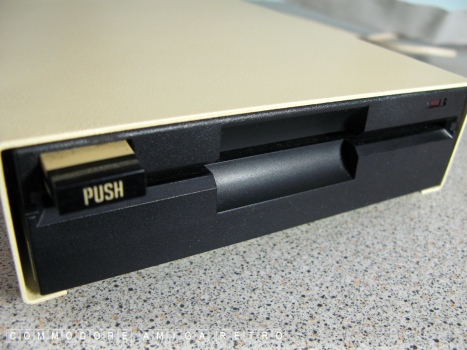
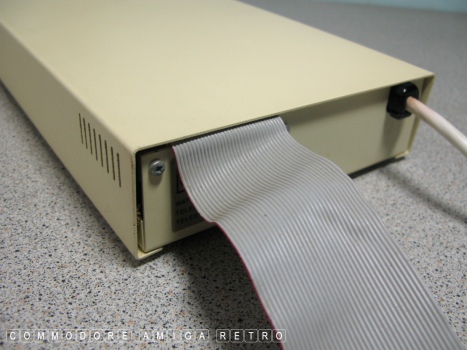
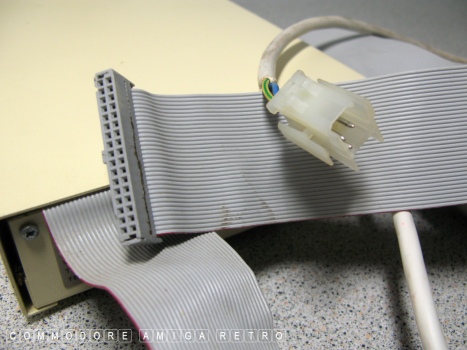
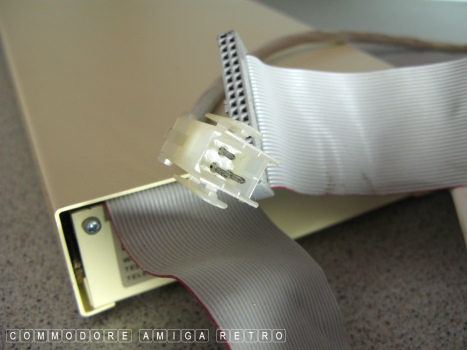
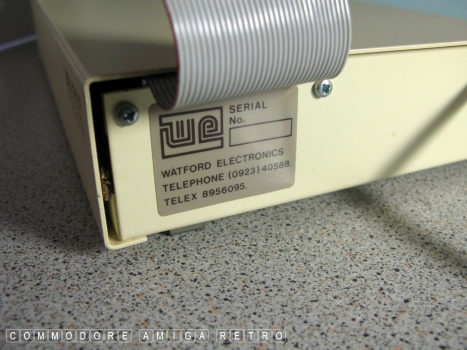
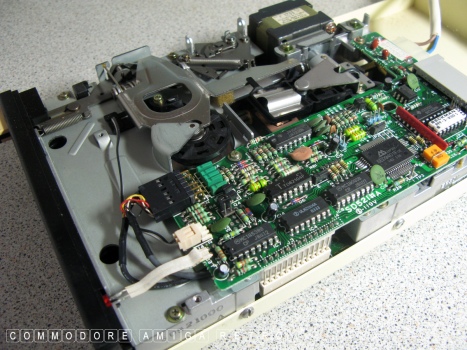
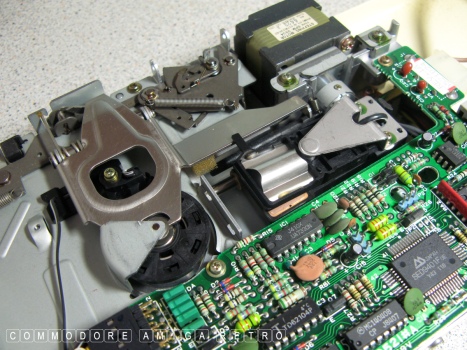
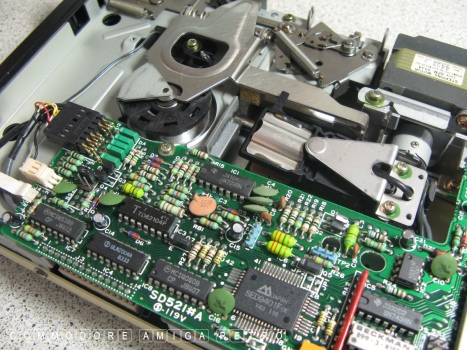
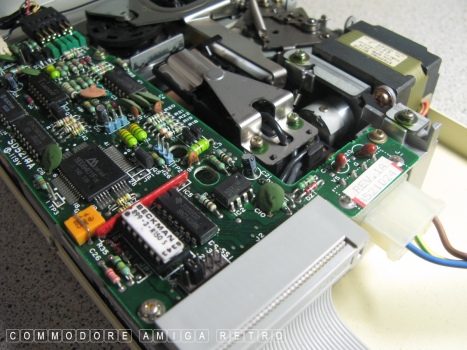
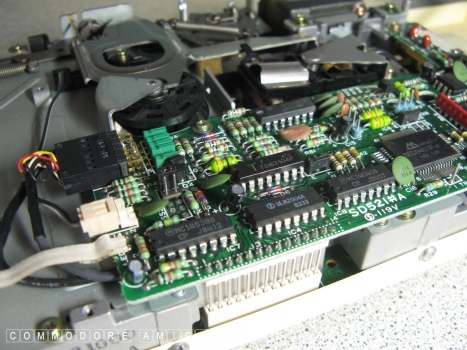
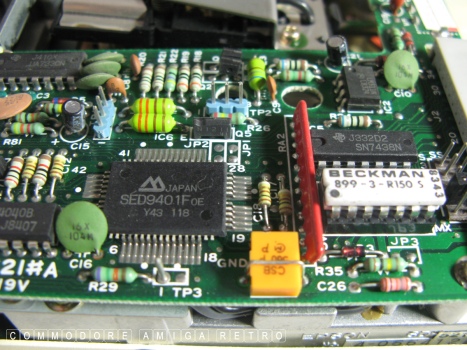
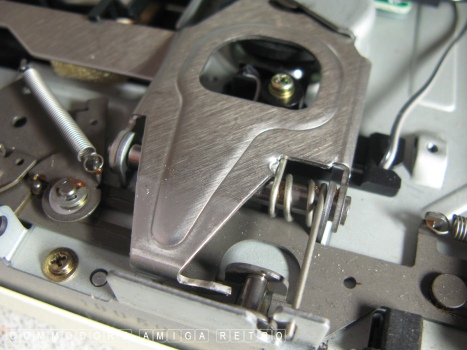
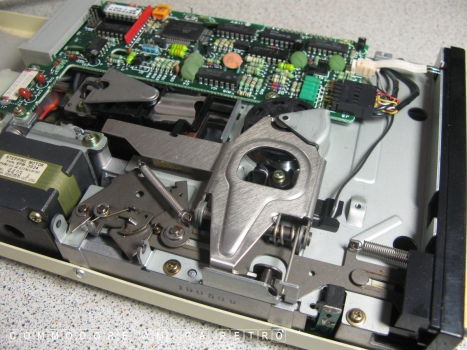
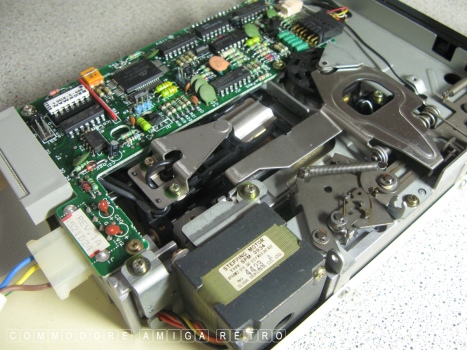
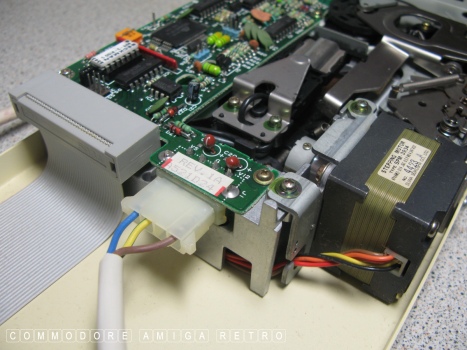
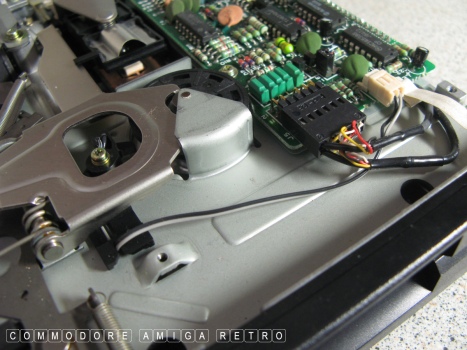
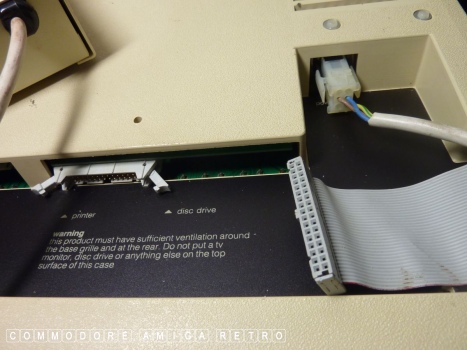
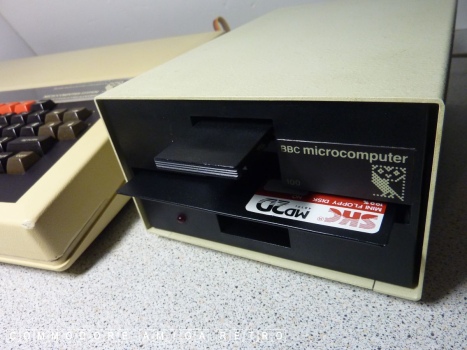
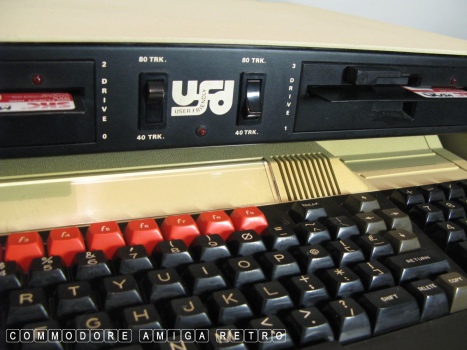
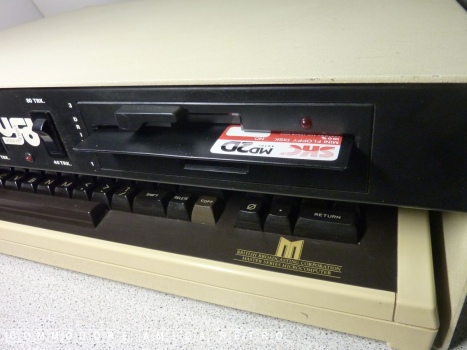
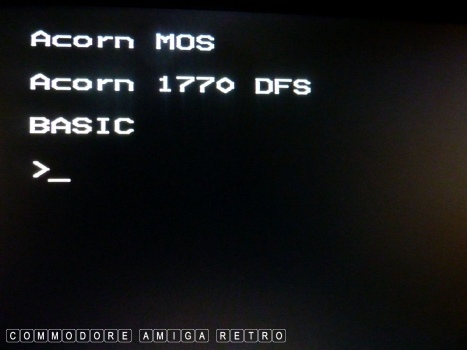
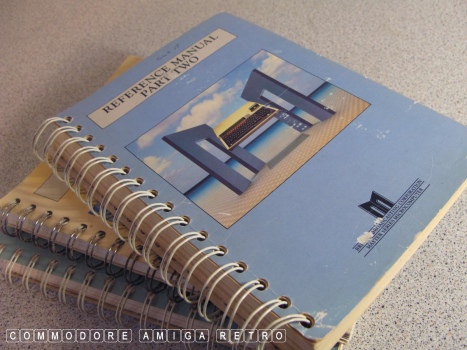
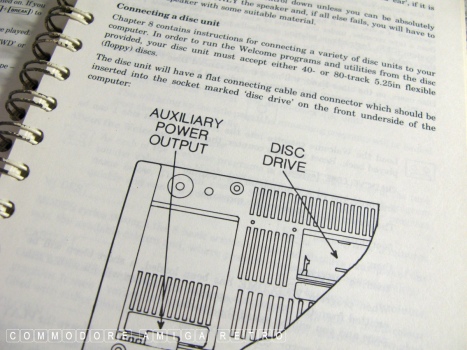
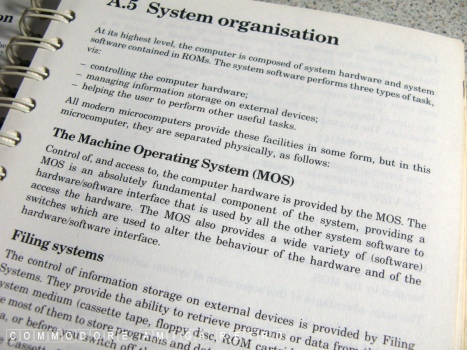
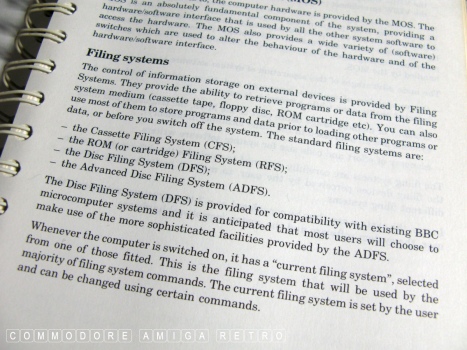
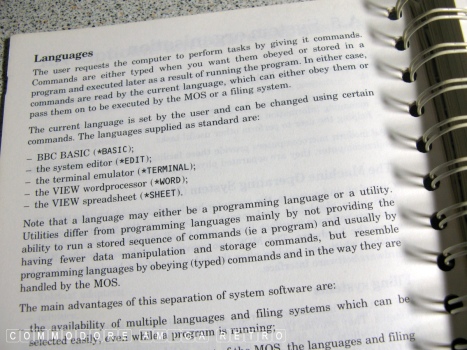
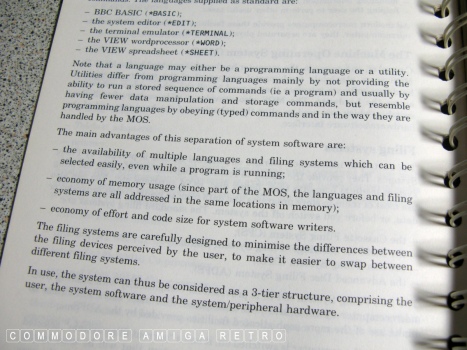
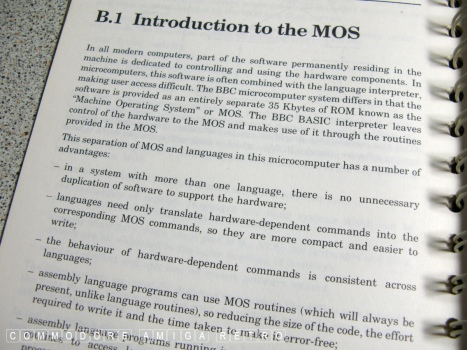
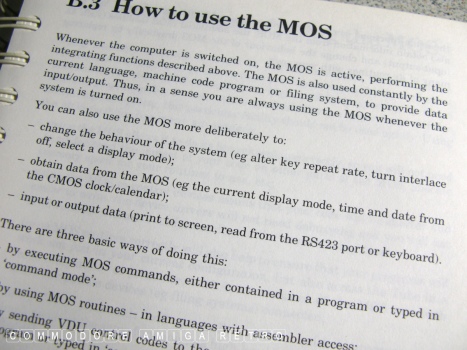
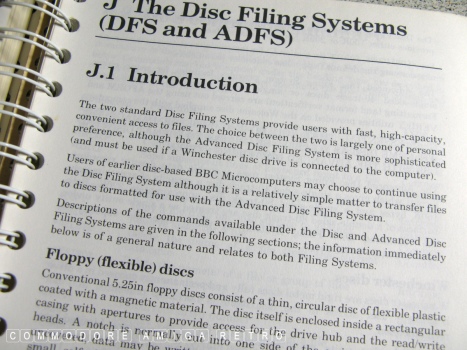
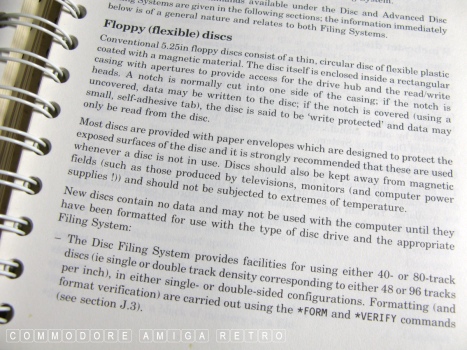
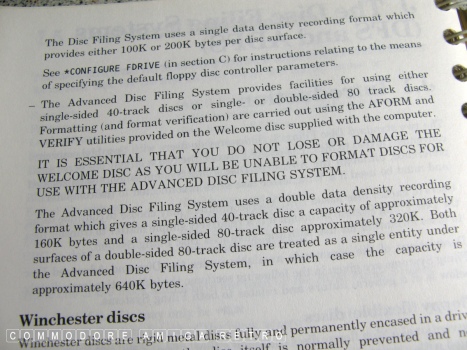
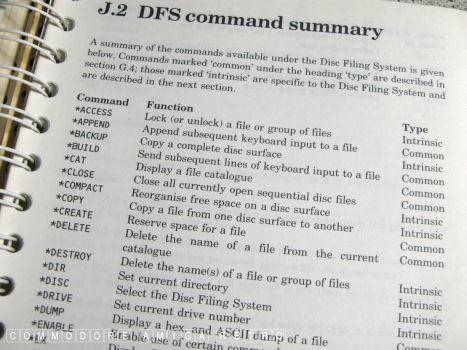
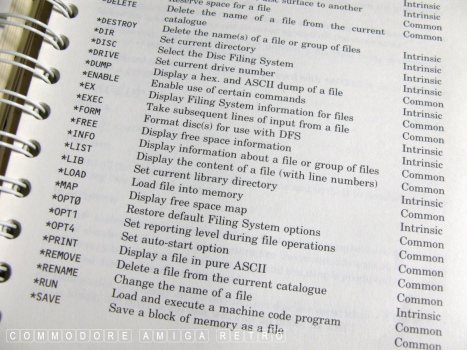
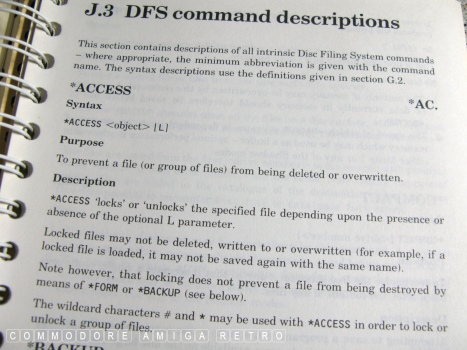
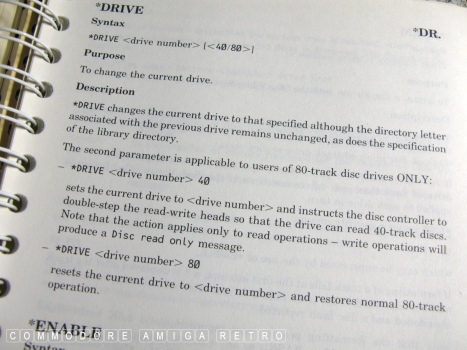
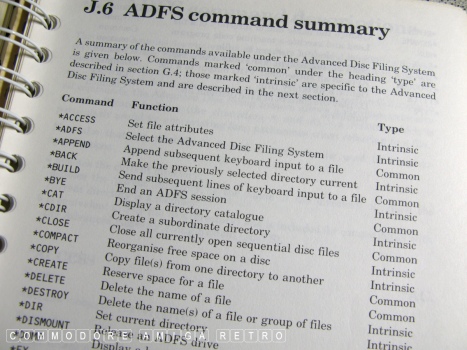
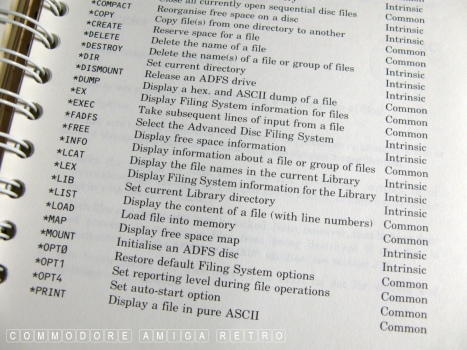
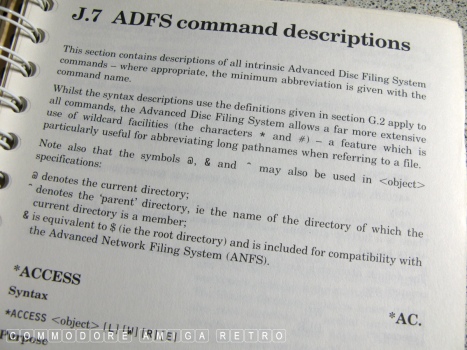
|


![]()


![]()